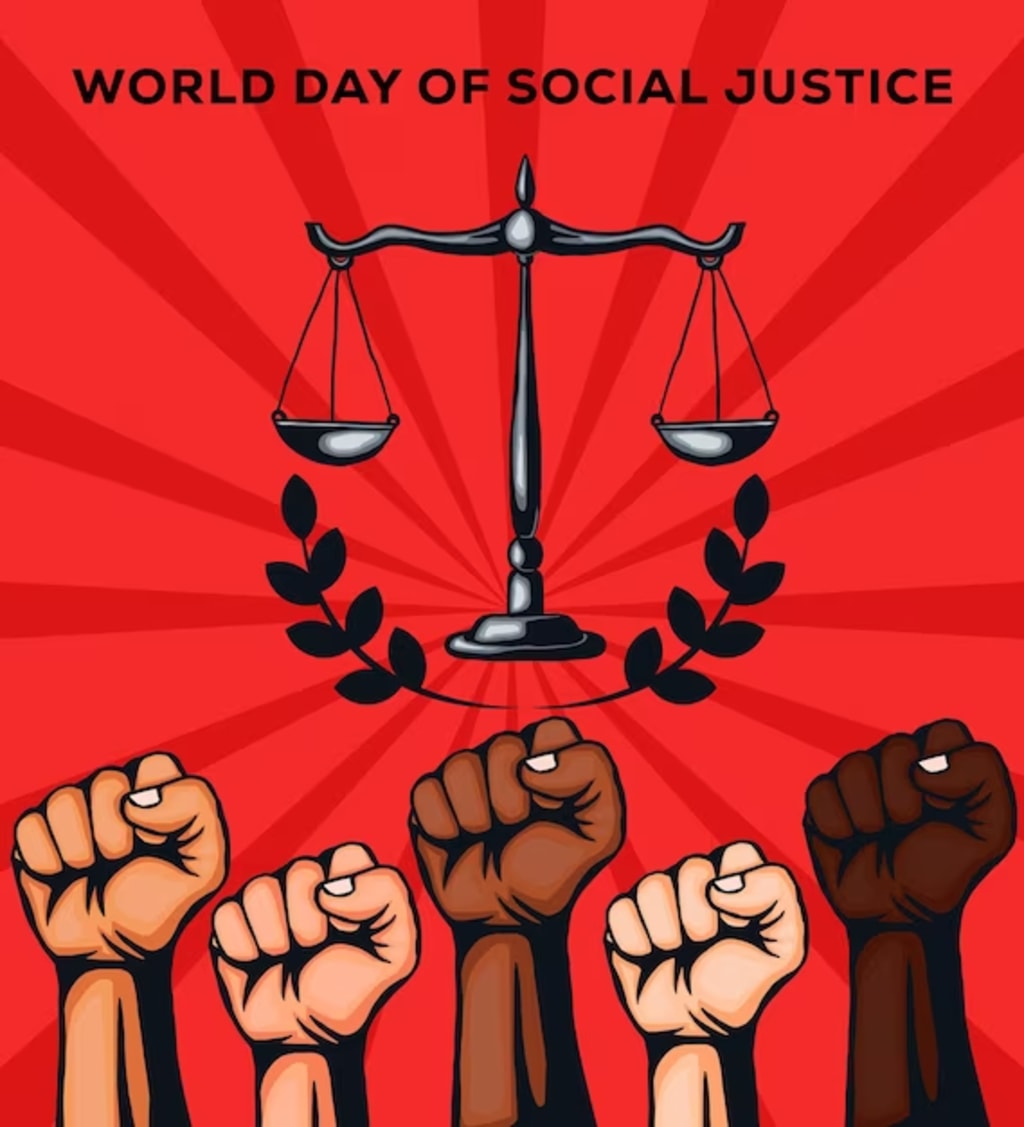
In the annals of history, social justice movements and activism have played a pivotal role in shaping societies, challenging systemic inequalities, and advocating for a fair and equitable world. From the civil rights movement in the 1960s to the recent global resurgence of movements like Black Lives Matter and climate activism, these movements have not only raised awareness but have also driven tangible change. In this article, we will explore the profound impact of social justice movements and activism, highlighting their ability to effect transformative change and their enduring importance in our modern world.
One of the primary roles of social justice movements is to bring attention to issues that have long been overlooked or ignored. These movements act as a megaphone for marginalized communities, amplifying their voices and shedding light on the injustices they face. Movements such as the LGBTQ+ rights movement have been instrumental in challenging societal norms and fostering greater acceptance and inclusivity.
Through protests, social media campaigns, and grassroots organizing, activists have drawn attention to issues like racial discrimination, gender inequality, and environmental degradation. These actions spark conversations, educate the public, and lay the groundwork for further advocacy.
Social justice movements often target systemic injustices deeply entrenched in society. These systems may include discriminatory laws, policies, and practices that perpetuate inequality. For instance, the civil rights movement in the United States successfully challenged racial segregation and led to significant legal reforms, including the Civil Rights Act of 1964 and the Voting Rights Act of 1965.
Similarly, the feminist movement has challenged gender-based discrimination and has led to landmark changes such as Title IX, which prohibits sex-based discrimination in education, and increased access to reproductive healthcare.
By confronting systemic injustices head-on, social justice movements work to dismantle oppressive structures and promote fairness and equality.
The influence of social justice movements often extends to the political sphere. Activists and organizers mobilize to hold politicians accountable for their actions and to advocate for policies that align with their goals. The power of grassroots organizing and collective action was evident in the Women's Suffrage Movement, which culminated in the 19th Amendment to the U.S. Constitution, granting women the right to vote.
In recent years, the Parkland students' movement against gun violence and the Sunrise Movement’s efforts to combat climate change has gained substantial political traction, prompting lawmakers to address these critical issues.
Social justice movements have a remarkable ability to connect individuals and communities across borders. Globalization and social media have made it easier for people worldwide to unite around shared causes and offer support to one another. Movements like #Me Too, which originated as a campaign to address sexual harassment, quickly spread globally, showcasing the power of collective action on an international scale.
This global solidarity not only raises awareness but also exerts pressure on governments and institutions to take action and align with the values promoted by these movements.
Social justice movements have a profound impact on societal attitudes and cultural norms. They challenge prejudices and stereotypes, encouraging individuals to confront their biases and become more empathetic. The LGBTQ+ rights movement, for example, has played a crucial role in changing public perceptions and fostering greater acceptance and understanding of diverse sexual orientations and gender identities.
These cultural shifts, driven by social justice movements, create a more inclusive and compassionate society where discrimination is less tolerated.
Social justice movements and activism are forces for positive change in our world. They serve as catalysts for transformation by raising awareness, challenging systemic injustices, sparking political change, fostering global solidarity, and encouraging cultural shifts. These movements remind us that collective action and advocacy can make a profound difference in addressing the inequalities and injustices that persist in our society.
As we look to the future, it is essential to recognize the enduring importance of social justice movements and to support and amplify the voices of those who continue to fight for a fairer and more equitable world. In doing so, we can work together to build a brighter future for all.






Comments
There are no comments for this story
Be the first to respond and start the conversation.